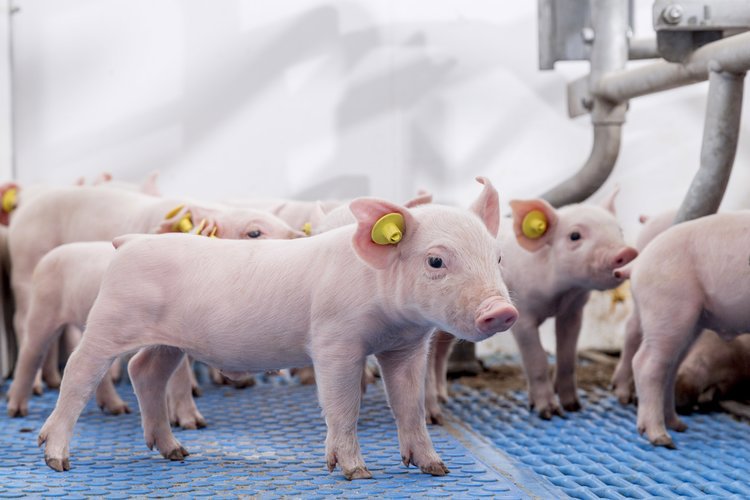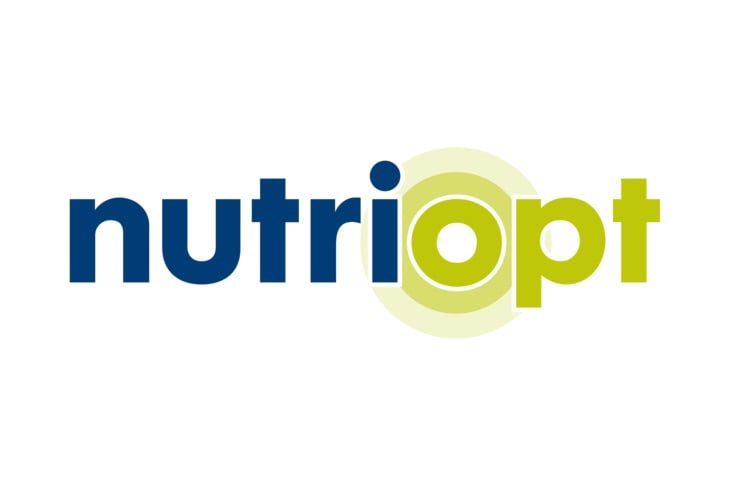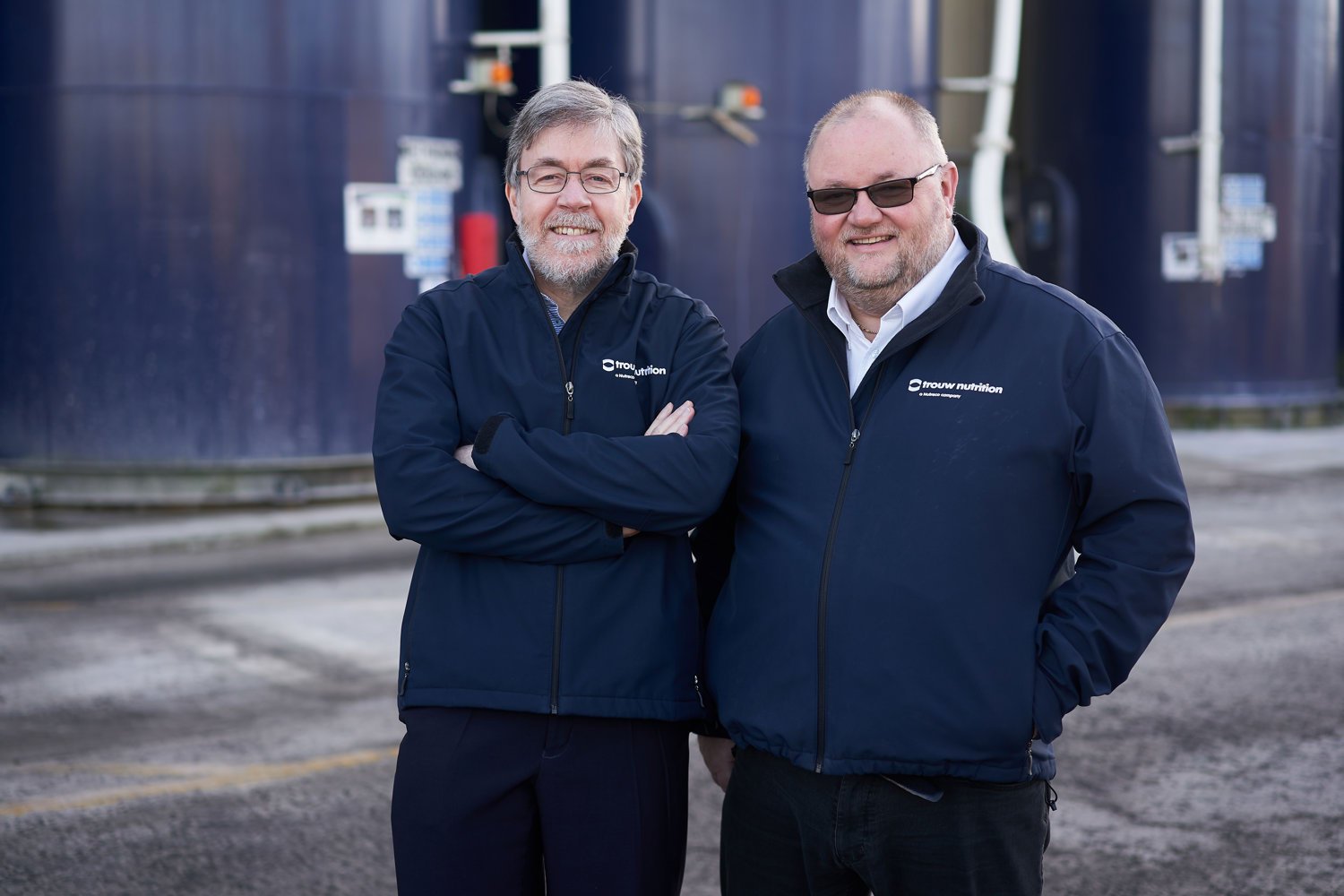How to recognise AMR
Antimicrobial Resistance (AMR) is the number one global public health issue of our time, affecting both human and animal health. It occurs when a microorganism becomes resistant to antibiotics that were originally effective in treating infections it caused. The number of human deaths as a result of antimicrobial resistance is rising. In addition to the human threat, animal producers around the world experience the consequences of less effective treatment possibilities and the resultant increased mortality rate and low feed efficiency. Trouw Nutrition’s aim is to find new methods that substantially reduce reliance on antibiotics and improve the health, efficiency and productivity of animals.









